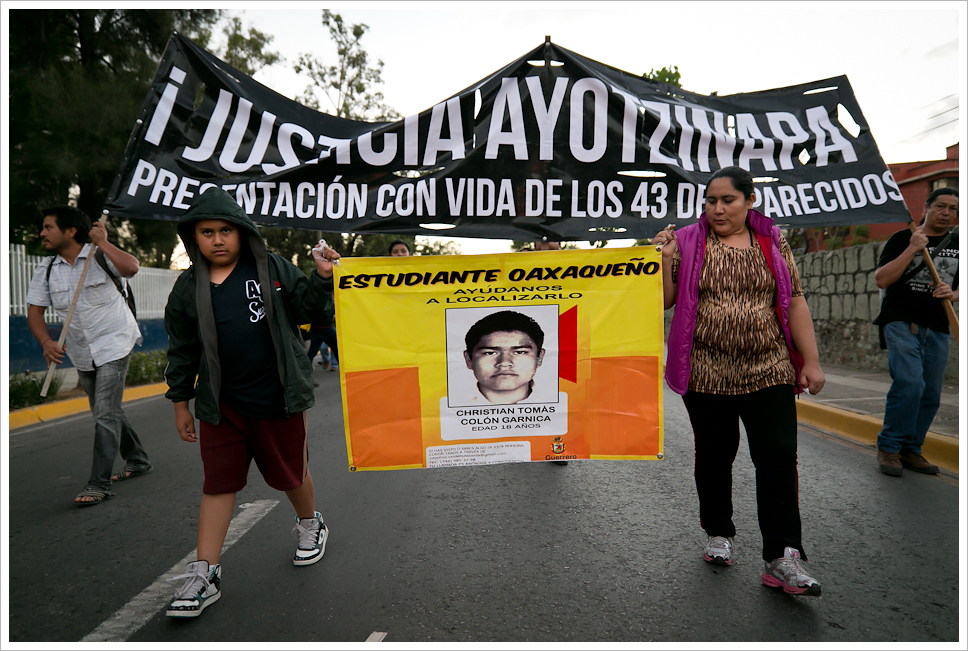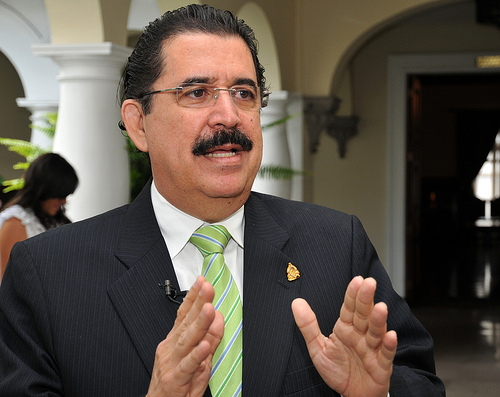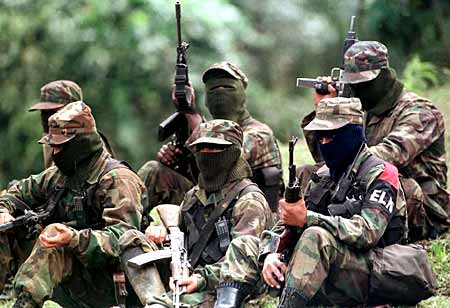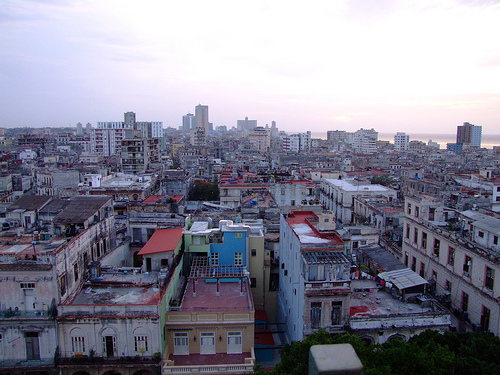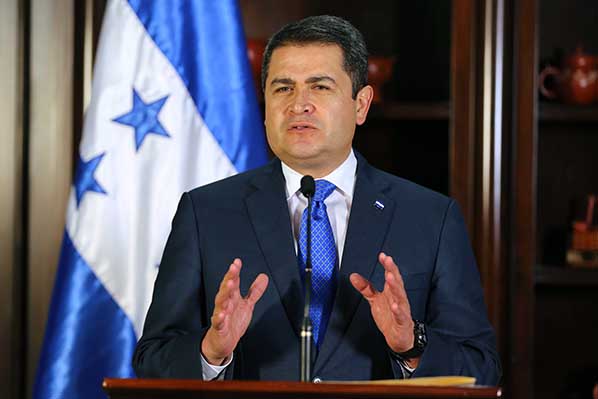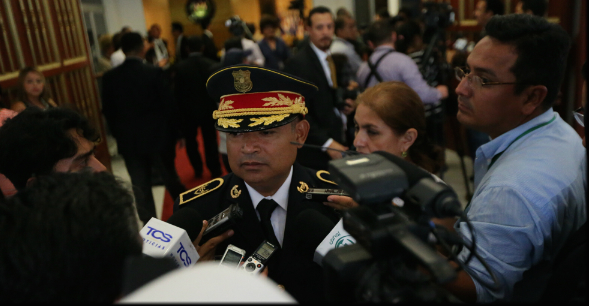
Central America, El Salvador, Latin America: Week in Review
Murder in El Salvador Hits Highest Levels Since Civil War
June 3, 2015 By Staff
Top Story — El Salvador saw more murders in the month of May than in any other month since the end of the country’s civil war in 1992, as gang violence continues to surge. Justice Minister Benito Lara made the announcement Tuesday, citing the recent transfers of some 2,600 imprisoned gang members, including several top leaders, as a main cause of the upswing in killings.
The country’s top police official Mauricio Ramírez Lavaverde also said 60 percent of the murders were linked to competition between Mara street gangs over territory for extortion and drug trafficking, The Associated Press reported.
Violence in El Salvador, which InSight Crime compared in May to “a low intensity war” in which police officers are often targeted, has been steadily rising since the dissolution in early 2014 of a truce between the two main gangs, Mara Salvatrucha (or MS-13) and Barrio 18.
InSight Crime attributes some of the rise in violence to the security forces’ increasingly militarized approach to law enforcement. In January, Lavaverde ordered his officers to use their weapons with “complete confidence.” By March, InSight Crime notes, homicides had risen, with some 30 percent of shootouts involving police.
Headlines from the Western Hemisphere
North America
- Miguel Ángel Luna, a Mexican candidate for a congressional seat in the upcoming midterm elections, was shot dead on Tuesday, the fourth political candidate to be killed in this electoral cycle.
- U.S. police have killed at least 67 Latinos so far in 2015, yet their deaths have received little media coverage and public outrage, according to an investigation by The Guardian, which tells the story of 20-year-old Amilcar Perez-Lopez, killed in San Francisco in February.
- Thirty-seven alleged drug traffickers have been charged with smuggling approximately one ton of heroin into the United States from Mexico, as well as distributing and attempting to distribute the drug in Philadelphia.
Caribbean
- The Republican-led U.S. House of Representatives on Tuesday introduced a bill to block future funds for the building and maintenance of any diplomatic facility in Cuba, such as an embassy, though such a proposal faces an uphill battle before becoming law.
- A change made to the Dominican Republic’s 2010 constitution will allow President Danilo Medina — and any future president — to run for a second, consecutive term, which previously was forbidden.
Central America
- Costa Rica’s Ministry of Health released a guideline for how a proposed medical marijuana bill would be implemented, stating that marijuana would be used as a “last resort” treatment and recreational use would remain prohibited.
Andes
- A program backed by U.S. aid to eradicate coca plantations in Colombia by supporting local farmers has fallen short of expectations, according to an article by The New York Times, which adds that the program goals have gained new urgency as funds dwindle and an aerial-fumigation program to exterminate coca plants is halted.
- Seven Venezuelan activists went on hunger strike to demand that the government call for legislative elections and release 77 political prisoners, among them Leopoldo López and former San Cristóbal mayor Daniel Ceballos, who previously announced their own hunger strikes from Ramo Verde military prison.
- In Ecuador, local supporters and family members of slain indigenous activist José Isidro Tendetza Antún believe he was killed over his opposition to a massive Chinese-backed copper mining project, The Guardian reports.
Southern Cone
- The son of Carlos Menem, Argentina’s former president, was detained early Tuesday for cocaine and arms possession, according to officials.
- Brazil’s police force has requested that prosecutors indict Ricardo Teixeira and Sandro Rosell — the former head of Brazil’s soccer federation and former president of FC Barcelona, respectively — after both were hit with allegations of money laundering, tax evasion and using false documents, amid the unfolding FIFA corruption scandal.
- Chilean mining company Mineria Activa is currently constructing a test plant that would have a greener process for extracting minerals used in making smartphones and Tomahawk missiles, betting that companies such as Apple with pay a premium for more eco-friendly supplies.
